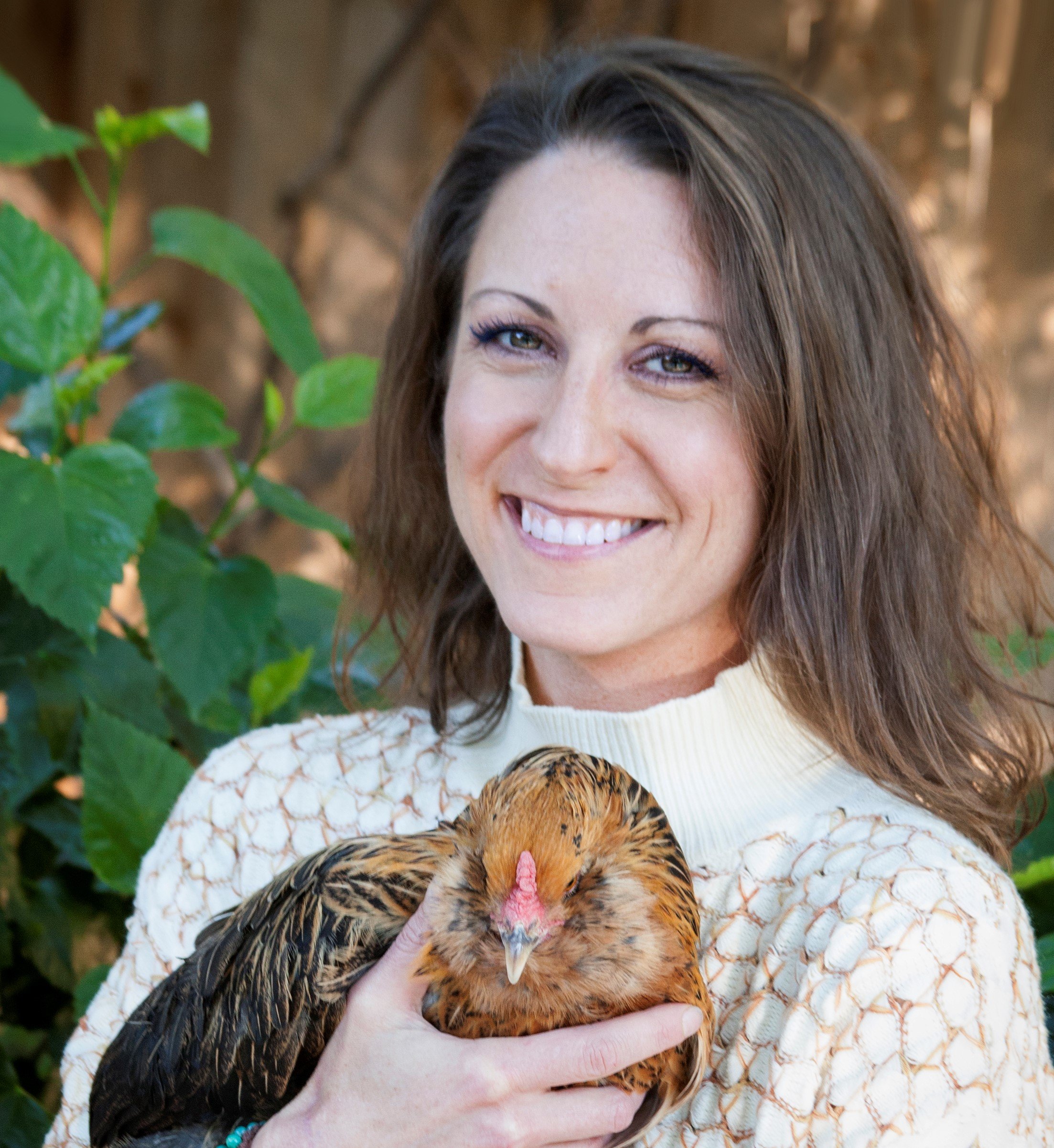
Chef Jen Williams uses locally-sourced and fresh, seasonal plant-based ingredients as a way of cooking and a way of life.
It would seem like a no-brainer that Chef Jen Williams would be a proponent of eating well, and to a certain extent, that’s true. Williams has worked in kitchens from here to Chicago and back, and now owns JayCee Hospitality, a full-service catering and consulting enterprise. “I’ve eaten all the cheese,” she says, with a laugh. “As a chef I could eat what I wanted to – and I did. And then my body rebelled against that.” Williams was the chef at the beloved Magnolia Cheese Co. and the executive chef at Sera. Both concepts essentially featured tapas-style dining, to be enjoyed slowly with a nice glass of wine.
Williams adopted a plant-based diet, one of the key components in Blue Zones communities. “I went vegan for a year; I was gaining weight and everyday just seemed harder the the next. I went to every doctor and nobody could diagnose me with anything.” From a laboratory perspective, Williams didn’t have an endocrine problem. “It took going to my OB/GYN to be diagnosed with Polycystic Ovary Syndrome, a commonly over looked issue for women. After weighing suggestions from her doctors, a Plant Slant diet seemed more attractive the taking medication to fix the problem for her. “Animal proteins were causing weight gain and were affecting how my system breaks them down to reuse them again.”
In Blue Zones regions, meat is more of a condiment than the main dish. “In the European style of eating, you pay attention to what you eat,” she said. Portions are smaller, and people savor meals with family and friends instead of eating in the car or on the way to events. “We’re a capitalistic society and that trickles down,” Williams said. “Overindulgence is appreciated more. Outside America there’s not the ability to eat as much as you want, whenever you want it.”
Williams calls that the "super-duper-mega-plex” way of shopping, which means that we can get out-of-season fruits and veggies and extra-large bags of processed food relatively cheaply. People living in Blue Zones communities don’t have the luxury of a lot of outside food or large capacity freezers so they use what they have. And one thing that marks a lot of the Blue Zones communities is buying what’s fresh and local, a topic about which Williams is passionate.
“Why aren’t we supporting those people who are growing our agriculture?” she asks, warming up to a topic that has become her Purpose, another one of the Blue Zones Power 9 principles. Waking up and living with Purpose can add years to your life. When Williams moved back to Fort Worth, she started buying from and working with the Cowtown Farmers Market. “That’s how I got to know people locally.” And farmers markets are more than just cultivating produce. “They’re cultivating relationships, knowing what’s good and what’s in season,” she said. “Also, I like to play in the dirt.” Williams relishes the time spent talking with farmers and artisans because “they’ve got the best stuff,” she said. “There’s always some cool gardening tip I’ve never heard of.” And when you buy locally sourced produce, your food isn’t stuck on a container ship or truck. “You know where it’s coming from, and you know there are no chemicals in the food.” Williams says.
Williams now describes herself as “sorta vegan.” For her, it’s about balance. “I really am not going to give up oysters and caviar,” she says, with another laugh. As a chef, she has to taste what she makes so it’s very difficult to abstain completely. But with her catering business, she’s aiming to help people reduce the amount of dairy, eggs, and animal protein in their diets. “We don’t listen to what our bodies tell us. We don’t take time to figure out what’s causing (our illness),” she said.
If you’re thinking, well –– she’s a chef so it should be easy for her to create magic with plant-based cuisine, you’re partly right. “I know how to cook things and I’ve always loved vegetables,” Williams said. The trick is not making cooking vegetables so difficult. “I always go to mushrooms when I have cravings for meat,” she said. “Mushrooms lend themselves to meatier texture.” People don’t understand how to cook with mushrooms, and that’s pretty typical for most vegetables. “Treat veggies like meat,” she said.
Williams cooks as seasonally as possible via how the crops are growing in our Texas terrain. She says her current fave is eggplant, and she starts by lightly salting the fruit. “Cure for 5 to 30 minutes, just as long as you can really, then toss with a heaping amount of olive oil, salt and pepper.” Roast at 400 for 20 minutes, turning the sheet tray after 10 minutes. “Caramelization of vegetables on high heat is where you get your flavor,” she said.
In a nod to the Power 9 principle of downshifting –– a way to reverse disease by finding and using stress-relieving strategies –– Williams encourages everyone to consider what goes into their lives, their minds, and their stomachs. “Eating vegan makes me more clear-headed and I feel better,” she said. But to find that out, she had to consciously eliminate, and then re-introduce, foods into her diet. “Make your time count, and make yourself a priority,” Williams said. “Don’t make an excuse.”